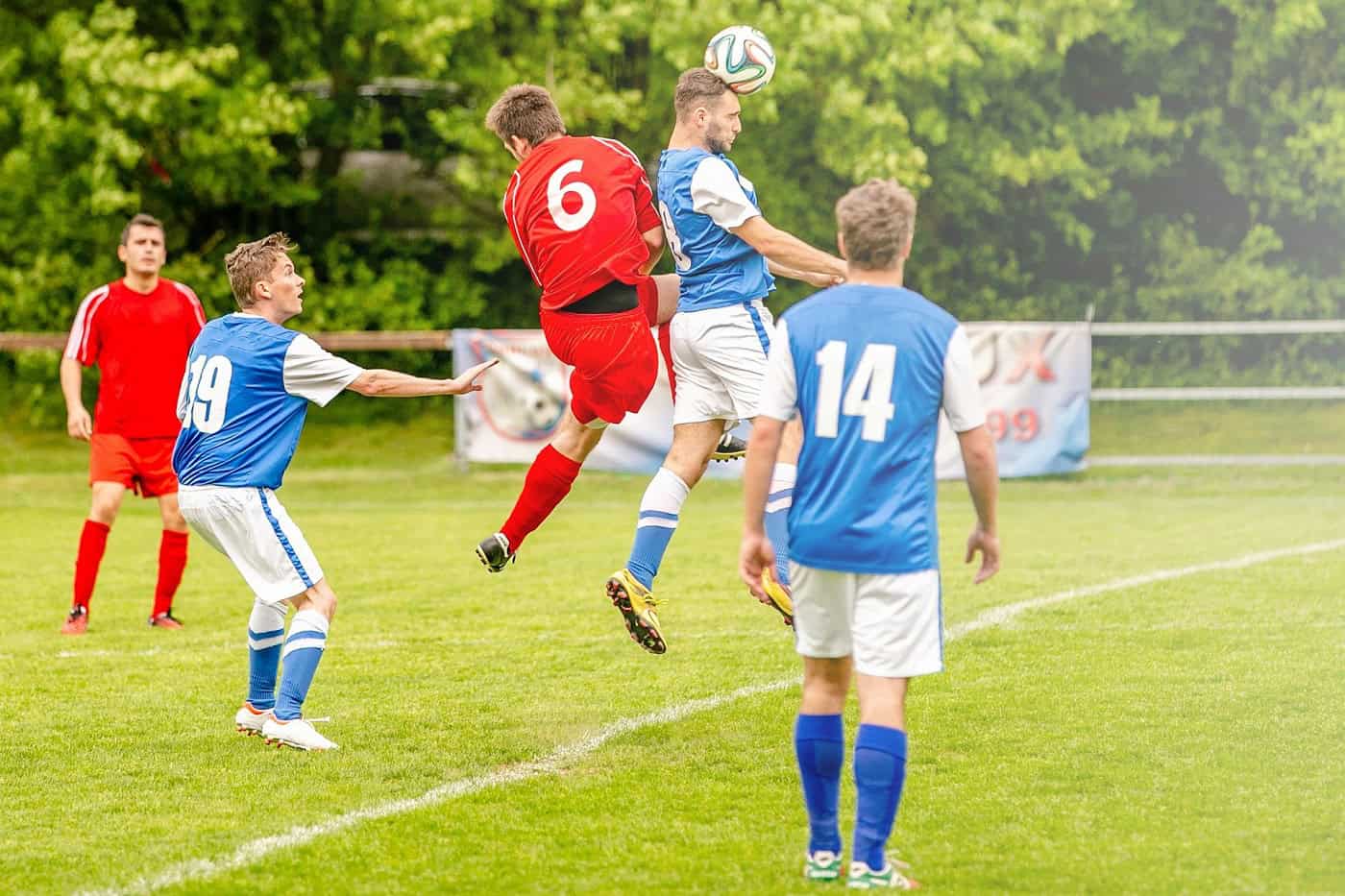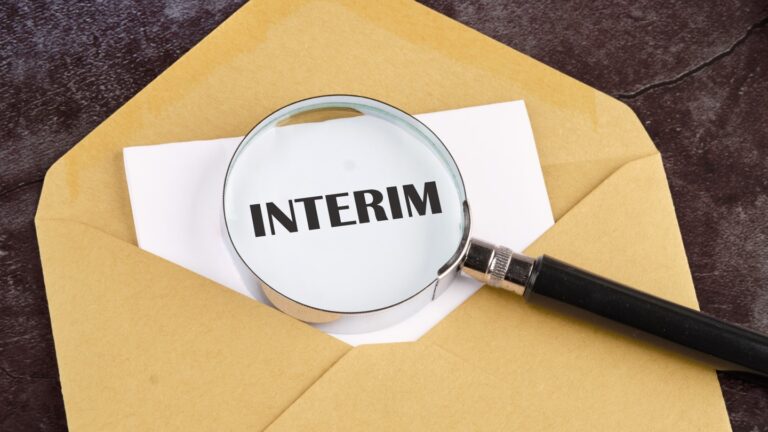
Concussion Substitutes in Football – Is the Current Trial an Error?
It’s been a long-time coming, but real change is starting in the fight to protect footballers from high rates of neurodegenerative disease. If you’re new to this campaign, you might be interested in reading my earlier blog, which summarises what the issues are, what the science finds and what proposals are suggested.
On 6th February 2021, the Premier League became the first in the world to trial substitutions for concussions. This has now been used and the process engaged with at the time that this blog was written. So, what exactly is this trial, how does it work and how is it expected to protect players?
- The current process is a trial only and is not mandatory. It can be adopted by any league;
- Where a head injury has occurred, or is suspected, the injured player’s club can make use of the process. This means:
- They can substitute that player, even if the team has already used all their substitutions. The player will be removed from the pitch and sent for head injury assessment. The substitution is permanent – once the player is off the pitch, they cannot return to the match, even if the assessment finds that they are absolutely fine.
- To ensure a level playing-field, the opposing team is afforded an additional substitution at the same time too
- A team is allowed two concussion substitutes, per match
The intended aim of concussion substitutions is to put the player’s health at the forefront and ensure that this is the priority, over team tactics. The trial hopes to encourage clubs to be reassured that they will not be at a disadvantage by having their player assessed for a potential head injury.
However, will this work?
Back in May 2019, I’d campaigned for temporary concussion substitutes (as opposed to permanent ones). So what is the different between temporary and permanent substitutions?
Well, temporary substitutions allow a footballer to return to play if they are deemed safe enough to do so. So in the event someone is injured and a head injury is suspected, the player can be momentarily taken off the pitch and replaced by a teammate whilst they undergo a private medical assessment (away from the sidelines, where there is more privacy and no interference from managers). If, at the end of the assessment, it is ruled that the player is safe to play, he would be able to resume doing so. This system works in other sports and has a much greater chance of being used by teams, therefore protecting players further.
My concern is that permanent substitutions does not encourage players, or clubs, to proactively engage with the trial – because they know that starting this process will automatically rule that player out for the rest of the match, regardless of the outcome of their medical check. So you’re left with a situation where the manager needs to make a quick decision on the spot as to whether they’re willing to lose that player for the remainder of the match. Even for the most caring manager, this puts them in a position of choosing team tactics over player safety.
A perfect example of permanent concussion substitutes not working was seen in a recent FA Cup match, where West Ham’s Issa Diop suffered a nasty head collision. He played on, whilst clearly struggling, until finally being substituted at half time. Of course, we don’t know why a decision was not made at the time of the injury to engage with the trial – but I wonder whether not wanting to lose their player factored into the club’s decision and they decided to chance it to see if he could be safe to play on. Who knows, but it’s not the most ridiculous suggestion to think that a team wants their players to play.
The thing about temporary substitutions is that, there are really no downsides. It’s a win-win for the clubs and the individual footballers. Teams can be reassured they won’t be at a tactical disadvantage, as the substitution could just be temporary and for players – their health is made a priority and they undergo a thorough head injury assessment privately. Doctors will be well-versed in the mantra ‘if in doubt, sit them out’ – so I think the risk of putting a potentially injured player back on the pitch is minimal.
Since the Diop incident, the PFA have now come out in support of temporary concussion substitutions. It will be interesting to see how this develops and also whether these measures are adopted by other leagues, both nationally and internationally.










